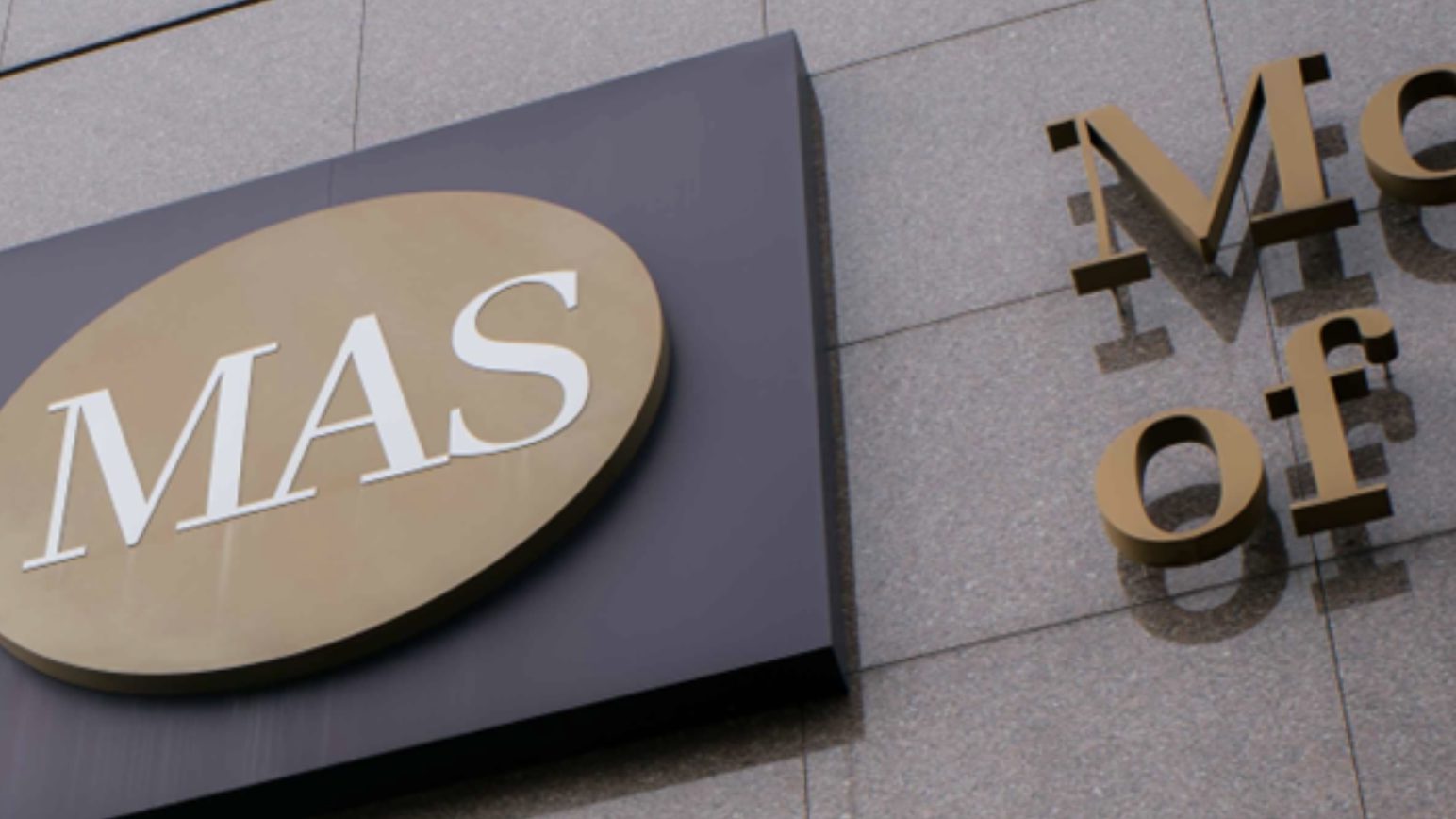SINGAPORE: Financial influencers, or “finfluencers,” who share investment tips and financial advice online must be licensed and regulated, according to the Monetary Authority of Singapore (MAS).
The Straits Times reported that the regulator’s stance, which was outlined by MAS board member Alvin Tan during a parliamentary session on November 13, emphasized the need for tighter oversight of these social media personalities.
“Finfluencers”
“Finfluencers”, who often use platforms like Instagram, YouTube, and TikTok to share insights on topics such as investing, budgeting, and saving, have become increasingly popular.
However, Tan made it clear that anyone offering financial advice in exchange for compensation—or even regularly offering such advice without remuneration—must be licensed under the Financial Advisers Act.
“We want to ensure that any financial advice being provided is clear, balanced, and highlights the risks involved,” said Tan, who also serves as the Minister of State for Trade and Industry, as well as for Culture, Community, and Youth.
Defining financial advice
MAS has issued clear guidelines for what constitutes financial advice. According to these guidelines, an individual is considered to be offering financial advice if they recommend or comment on the buying, selling, or holding of investment products, even if they are not being paid for doing so.
However, general educational content, such as broad financial literacy tips, does not fall under this definition.
Tan responded to a question from Member of Parliament Melvin Yong (Radin Mas) about the regulation of the “finfluencer” sector, addressing concerns regarding the potential risks posed to consumers who rely on social media for financial guidance.
Over the past five years, MAS has received fewer than five complaints annually related to “finfluencers”. The majority of these complaints concerned influencers making general statements about finance rather than offering direct financial advice. In such cases, the individuals were not subject to regulation by MAS.
Enforcement and oversight
To ensure compliance, Tan emphasized that enforcement action would be taken against anyone providing financial advice without proper licensing.
While no” finfluencers” have yet been penalized, MAS has taken action against six individuals in the past three years for providing unlicensed financial advice.
The growing influence of these online personalities has sparked concerns, with critics pointing out that “finfluencers” often have large, engaged followings, yet many claim that their content is not meant to be taken as professional advice.
Duty of care
Responding to a query about whether “finfluencers” have a duty of care to their followers, Tan reiterated that influencers who provide financial advice should be registered with a licensed financial advisory firm. He also stressed the importance of the public dealing only with individuals and institutions regulated by MAS.
“We regularly advise consumers to only engage with those who are licensed and authorized by MAS. We also maintain an Investor Alert List, which highlights unregulated individuals who may have been mistakenly perceived as being licensed,” he added.
As the popularity of financial influencers continues to grow, MAS is working to ensure that the integrity of financial advice in Singapore remains intact and that consumers are protected from potentially harmful or misleading information.

